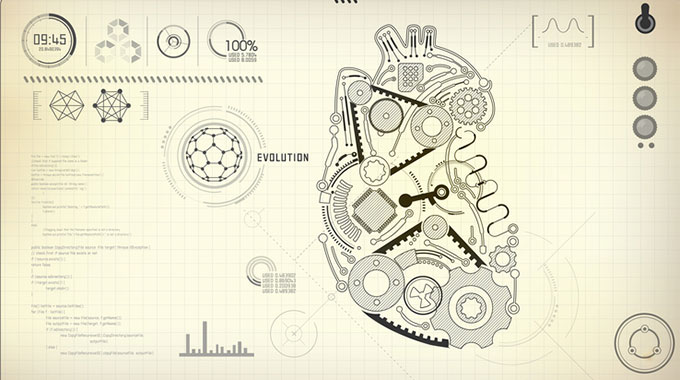
Precision Machining: The Backbone of Medical Device Manufacturing
In the fast-evolving world of healthcare, precision is not just a preference; it’s an absolute necessity. Medical devices are the heroes of modern medicine, and the role of precision machining in their production is nothing short of critical. These intricate tools, equipment, and implants save lives, and they must meet the highest standards of quality and accuracy.
Precision machining is the process of cutting and shaping materials to create parts with extremely tight tolerances. This is the foundation of many medical devices, from surgical instruments to diagnostic equipment and implants. Let’s take a closer look at why it’s the backbone of medical device manufacturing:
- Medical devices operate within incredibly delicate environments, from the human body to diagnostic machines. They require components that fit together perfectly and perform their functions flawlessly. Precision machining ensures that each part is manufactured with meticulous accuracy, down to the tiniest fraction of a millimeter. This level of precision is crucial for devices like pacemakers, where a slight error could be life-threatening.
- Many medical device components have intricate and complex shapes, often with tight geometric tolerances. These complex shapes can be challenging to produce using traditional manufacturing methods. Precision machining, with the use of computer-aided design (CAD) and computer-aided manufacturing (CAM) software, can create these complex geometries with ease and consistency.
- Medical devices come in contact with various bodily fluids and tissues. The materials used in these devices must be biocompatible, meaning they shouldn’t cause any adverse reactions or toxicity within the body. Precision machining allows for the use of a wide range of materials, including biocompatible metals and polymers, which can be finely tuned to meet the specific requirements of each device.
- Quality control is paramount in medical device manufacturing. Lives depend on these products, so there’s no room for error. Precision machining allows for meticulous quality control processes, ensuring that each component meets the exact specifications. This includes rigorous inspection, testing, and documentation to guarantee the highest standards of safety and reliability.
Tight tolerances refer to the allowable deviation from a specified dimension. In the world of medical devices, tight tolerances are not merely a preference; they are a requirement. Even the smallest deviation can lead to malfunction or even catastrophic consequences in a medical context.
For example, consider a surgical instrument that needs to make precise incisions or a stent that must be accurately sized to fit into a blood vessel. In these cases, any deviation beyond the specified tolerance could lead to severe complications. This is where precision machining shines, as it allows manufacturers to consistently achieve these tight tolerances, ensuring the safety and effectiveness of the devices.
The role of precision machining in medical device manufacturing cannot be overstated. The combination of precision, complex geometries, material compatibility, and rigorous quality control makes it an essential part of the process. These standards are the pillars that support the integrity and effectiveness of medical devices, ensuring that patients receive the best possible care. As medical technology continues to advance, precision machining will remain at the forefront of innovation, playing a vital role in the creation of the life-saving tools and devices that are changing the face of healthcare.
Popular posts
Session expired
Please log in again. The login page will open in a new tab. After logging in you can close it and return to this page.
